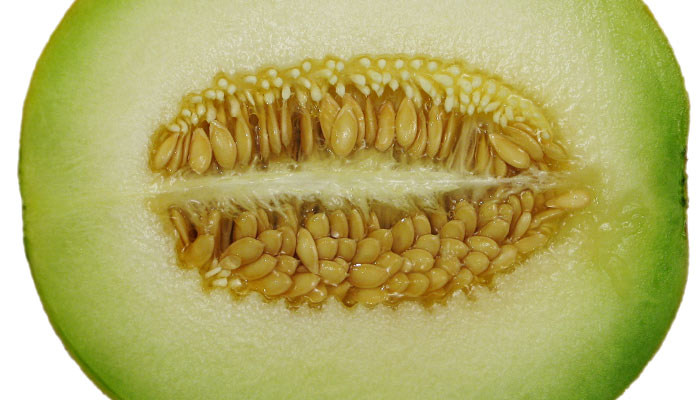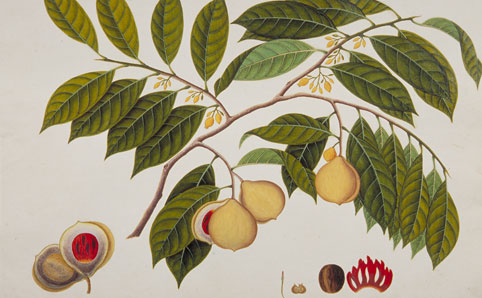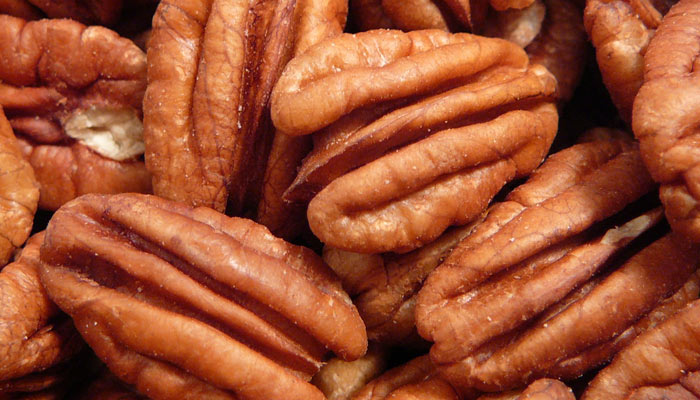
by Dr. Michael Murray | Apr 17, 2014 | Healing Food Facts
As a member of the curbitaceae family, honeydew melons are a relative of cucumbers and squash. It is thought that honeydews originated in Persia. Honeydew melon is present in Egyptian hieroglyphics dating as far back as 2,400 B.C.E., and was a prized as a food. Later...

by Dr. Michael Murray | Apr 10, 2014 | Healing Food Facts
Although over 70% of them are made into pickles, cucumbers are nutritious and yummy in their own right. Cucumbers are a tropical plant that originated in Southeast Asia over 10,000 years ago. Early travelers to India introduced the cumber to other parts of Asia, and...

by Dr. Michael Murray | Mar 10, 2014 | Healing Food Facts
As a native to Central America, the papaya is a tropical fruit with a soft consistency and sweet taste. The papaya became a favorite of Spanish and Portuguese explorers, who spread the fruit to subtropical lands including India, the Philippines and regions of Africa....

by Dr. Michael Murray | Mar 3, 2014 | Healing Food Facts
Behind soy sauce, tofu is the best-selling soy product in the United States. Tofu is made from soymilk by coagulating the soy proteins with calcium or magnesium salts, usually in the form of nigan seaweed. After the whey is discarded, the curds are pressed together to...

by Dr. Michael Murray | Feb 24, 2014 | Healing Food Facts
Nutmeg is the seed of a fruit similar to an apricot, grown on a tropical evergreen called the Moluccas. Native to the central Spice Islands of Indonesia, the nutmeg seed is dried in the sun for eight weeks, when its shell is then cracked open, revealing the nutmegs....

by Dr. Michael Murray | Feb 17, 2014 | Healing Food Facts
North American native to the Mississippi River valley, the pecan grows on a type of hickory tree that grows to a height of about 150 feet. Each tree produces about 200 pounds of the nut each year, and is harvested in the autumn. Archaeological evidence has revealed...









